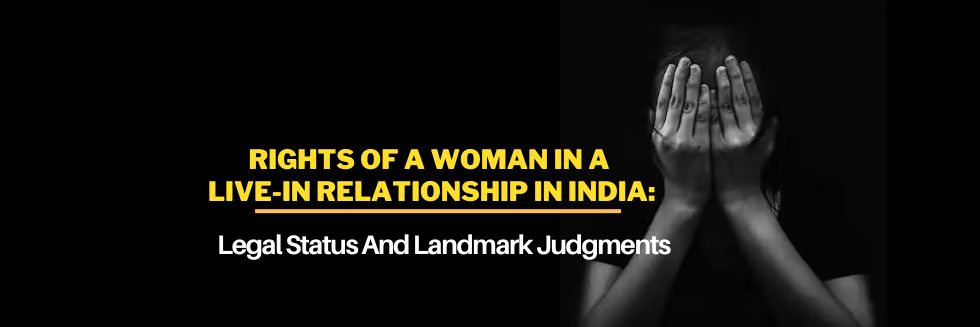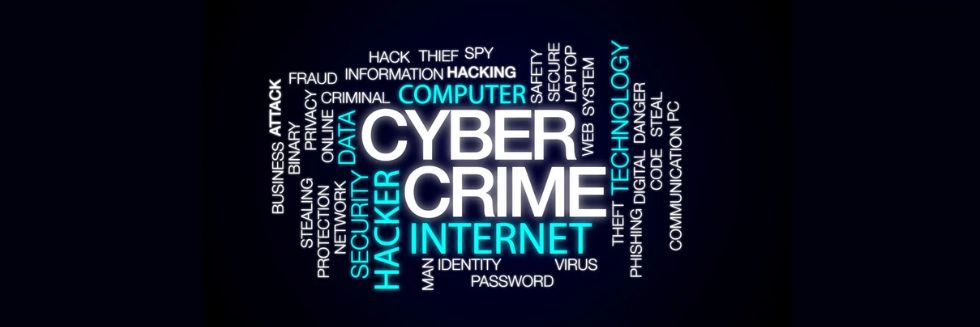Nuisance is the unjust interference with the ones right to use and enjoy his property this is indirect interference, unlike trespass it is not actionable per se, the special damage has to be proved. When nuisance is to a person individually then it would amount to nuisance as a tort or private nuisance, when the nuisance is a violation of rights of the general public as common would amount to the Public nuisance. Public nuisance is not a civil wrong it is a crime and hence cannot be tried by an individual unless the person can prove special damage to him, the public nuisance in general course is to be tried by the State. This is because public nuisance is the nuisance to all in common and comprises of small crimes which cause injury to health and life and it is not wrong against a specific person it is considered wrong against all of society. Public Nuisance is defined as a crime under S 268 of the IPC.
As mentioned in Section 268 IPC
“A person is guilty of a public nuisance who does any act or is guilty of an illegal omission which causes any common injury, danger or annoyance to the public or to the people in general who dwell or occupy property in the vicinity, or which must necessarily cause injury, obstruction, danger or annoyance to persons who may have occasion to use any public right. A common nuisance is not excused on the ground that it causes some convenience or advantage”.
Acts which amount to Public Nuisance are
- Fireworks in the streets
- Storing Explosives
- Digging ditches on roads
- Illegal liquor establishments
- Prostitution Houses
- Harboring vicious dogs
- Unlicensed Medical Practitioners.
- Polluting the water streams
- Unlicensed prize fights
- Obstructing Highways
There is no such action against public nuisance, there can only be an action by the state if there is no special damage. Special damage here does not mean that the damage is more than that caused to the public; it should be special in contrast that there has been a special damage which nobody else has sustained then only it can be tried as Private Nuisance.
The power to stop the Public Nuisance is vested with the magistrate as stated in Section 143 CrPC:-
“A District Magistrate or Sub-divisional Magistrate, or any other Executive Magistrate empowered by the State Government or the District Magistrate in this behalf, may order any person not to repeat or continue a public nuisance, as defined in the Indian Penal Code (45 of 1860), or any special or local law”.
Also, the power is also vested in the court which may pass an order to stop certain nuisance which causes Public Nuisance. And can also order any compensation for treatment of the said nuisance.
Punishment in Public Nuisance is mentioned in Section 290 IPC
“Whoever commits a public nuisance in any case not otherwise punishable by this code shall be punished with fine which may extend to two hundred rupees.”
Also upon the gravity of situation court can order the defendant to pay the charges to compensate the nuisance caused or may order fine which will make the punishment exemplary, so it is advised to enjoy the legal right of one without breaching the rights of another. Independence is not the enjoyment of rights unrestrained there cannot be an enjoyment of the right which will harm another.






